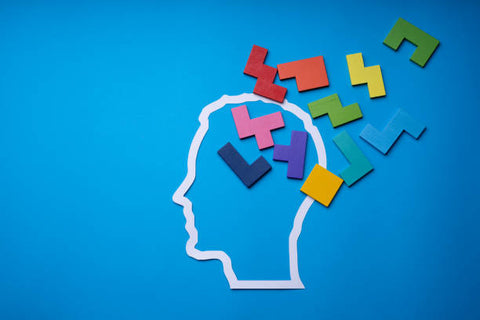Hello, fellow adventurers on the ADHD journey! Today, let's embark on an insightful exploration to understand ADHD medications, discover how they work, and learn how to manage them effectively. Join us as we navigate the world of Attention Deficit Hyperactivity Disorder (ADHD) and its superhero solutions!
Types of ADHD Medications

-
Stimulants: The most commonly prescribed medications for ADHD. They work by increasing dopamine and norepinephrine levels in the brain, aiding in attention and impulse control. Examples include methylphenidate (Ritalin) and amphetamine-based medications (Adderall, Vyvanse).
-
Non-Stimulants: These medications might be suitable for individuals who don't respond well to stimulants or experience adverse side effects. Non-stimulants like atomoxetine (Strattera), guanfacine (Intuniv), or clonidine (Kapvay) can help manage ADHD symptoms differently.
Factors Influencing Medication Selection
-
Individual Needs: There is no one-size-fits-all approach. A medication that works well for one person may not have the same effect on another. Finding the right medication often involves trial and error under a doctor's guidance.
-
Side Effects: Stimulants might cause side effects like decreased appetite, trouble sleeping, or increased heart rate. Non-stimulants might have different side effects. Understanding these potential outcomes is crucial when considering medication options.
Managing ADHD Medication Effectively
-
Consultation and Monitoring: Always seek professional advice from a qualified healthcare provider before starting any medication regimen. Regular check-ups and monitoring are essential to track effectiveness and manage side effects.
-
Consistency and Adherence: Follow the prescribed dosage and schedule consistently. Skipping doses or altering schedules may affect medication efficacy.
-
Lifestyle Adjustments: Medication works best when combined with healthy lifestyle habits. Adequate sleep, regular exercise, a balanced diet, and stress management techniques can complement medication effectiveness.
-
Open Communication: Maintain open communication with healthcare providers. Discuss any concerns, changes in symptoms, or side effects experienced to ensure the most effective treatment plan.
Conclusion
Understanding ADHD medications and their proper management is crucial for individuals seeking to improve their symptoms and quality of life. Finding the right medication and treatment plan often involves collaboration between the individual, healthcare provider, and sometimes, family members or caregivers. With the right information and support, managing ADHD with medications can lead to significant improvements in daily functioning and overall well-being.












